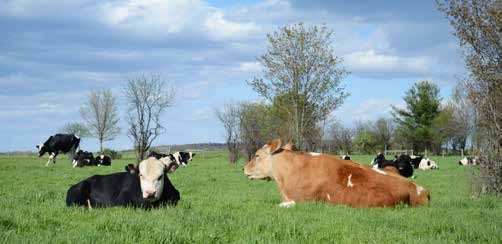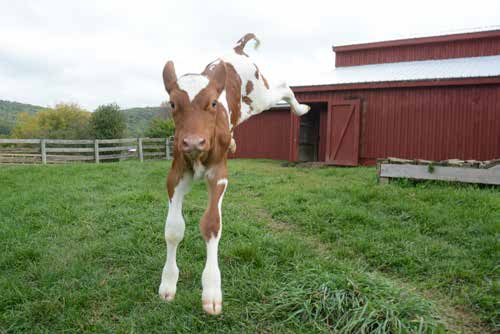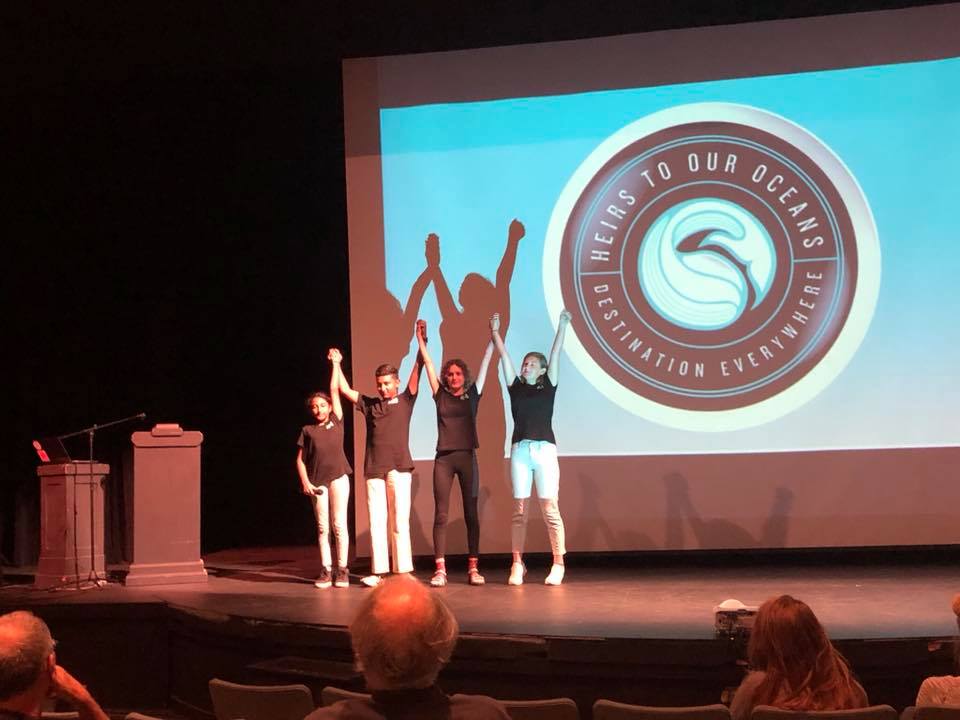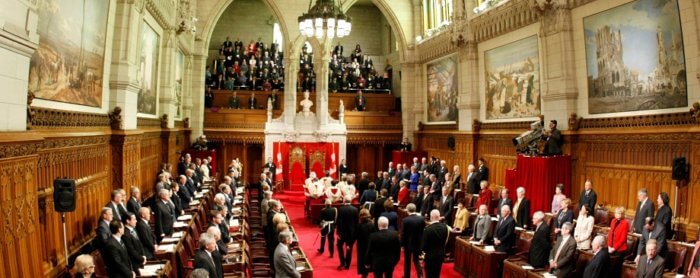2018: What We Did

Thank you so much for your support of the Kimmela Center this year. Our mission is to apply the best science to the work of animal protection, and here are some of the highlights you made possible this year through your tax-deductible donations.
The Someone Project

This joint Kimmela Center / Farm Sanctuary venture brings together the best scientific evidence for cognitive, emotional and social complexity in farmed animals.
This year Dr. Deb Merskin of Univ. of Oregon and I completed and submitted a paper entitled Sharp Sheep: Intelligence, Complexity, and Individuality in Ovis Aries to a major peer-reviewed journal, and we are working on the white paper to be published in early 2019.
We look forward to announcing the paper’s publication so that you can enjoy and learn about the complex inner minds of sheep.
And check out our most recent publication The Psychology of Cows to learn more about these interesting animals who are known for their strong maternal bonds.
Scholar Advocacy Shines at Superpod 6

Superpod 6 is a biennial gathering on San Juan Island, off the coast of Seattle, of scientists, advocates and students who are concerned about marine mammals and the oceans. Part of the conference is devoted to presentations by young scholar advocates and is organized by the Kimmela Center.
This year’s scholar-advocacy session included full presentations by students as young as 11 years old, all presenting their original work.
Check out these excellent talks.
Presentations
At venues from coast to coast across the U.S. and Canada, my presentations and other outreaches to the public, academics, students and policy makers have focused on the scientific evidence for intelligence, self-awareness and emotional complexity in dolphins and whales and farmed animals.
At the University of Montreal at Quebec, I gave a talk on “Who Are Dolphins?”:
Also at the University of Montreal at Quebec, I spoke on “The Inconvenient Truth about Thinking Chickens”:
And at the University of Denver, on “Dolphin and whale brains: a challenge for primate-centered views of intelligence”:
TEDx at The Nueva School
As part of our outreach to students and promotion of scholar advocacy, I gave a TEDx talk at The Nueva School in California where I was able to share with the students and their parents how I became a scholar advocate for the animals. I recounted how my scientific work led me to understand who dolphins and whales are and why they fare so poorly in entertainment parks.
I left the students with the message that when they see something they want to change, they should never take no for an answer. It was a rewarding experience to meet such talented and passionate representatives of the future.
Canadian Bill S-203

It has taken almost three years, but finally, in October, the Canadian Senate passed Bill S-203, which would end cetacean captivity in Canada.
Our involvement with this bill began in 2016, when members of the Kimmela team presented scientific evidence to the Senate Standing Committee on Fisheries and Oceans on the intelligence, social needs and welfare requirements of whales and dolphins. After that, we continued to work closely with senators to counter misinformation that was being presented by advocates for the marine park entertainment industry.
The bill is now in the House, and we are again working closely with its sponsors. I look forward to a time when no whales or dolphins will be performing tricks for misinformed audiences.
Your tax-deductible donation, large or small, will greatly help us to succeed in our mission to use the power of science to bring an end to the abuse and exploitation of nonhuman animals.
Thank you again and a very Happy New Year!
Lori Marino
Executive Director
The Kimmela Center
